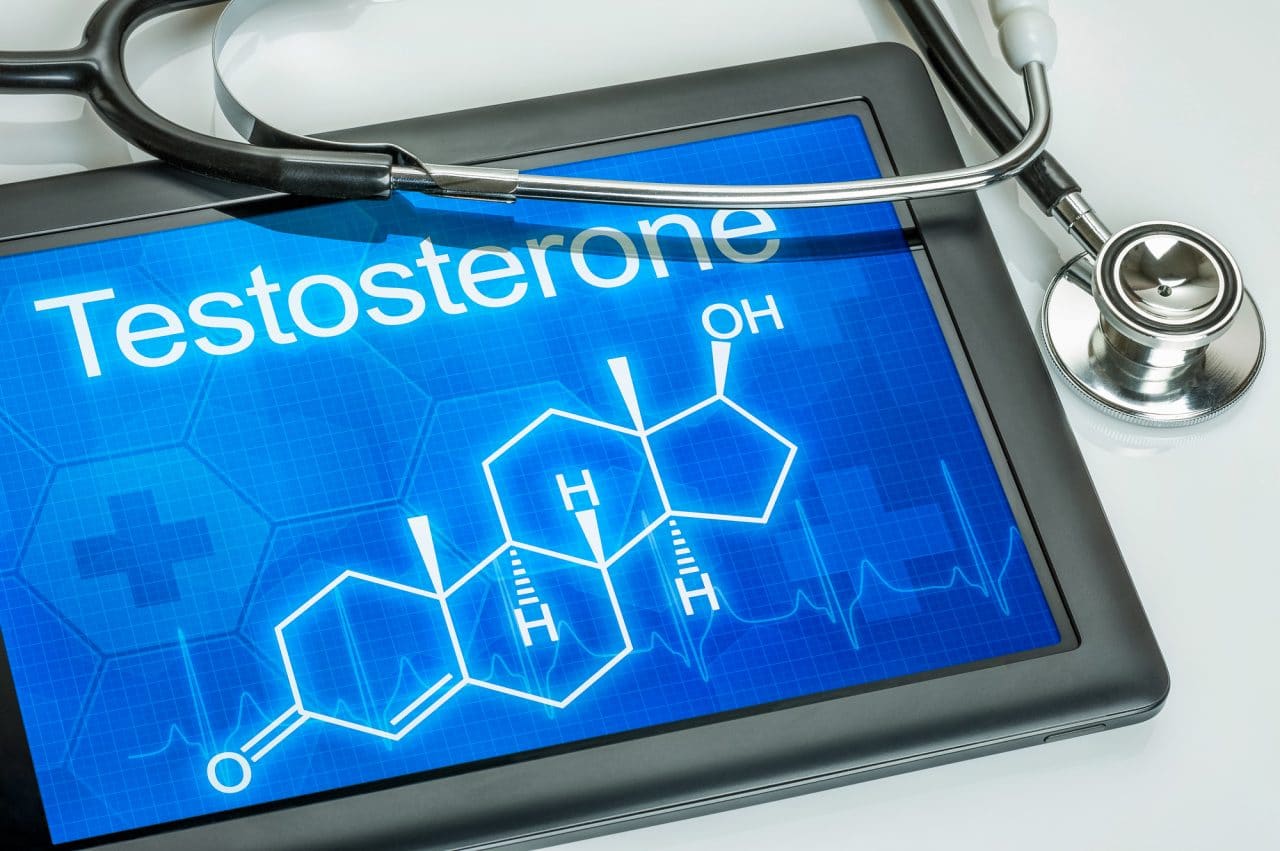
 Well documented in the scientific literature is that the male aging process is associated with declining testosterone levels. It is also well established that testosterone plays a prominent role in many physiologic processes that impart good health. Testosterone’s decline is associated with loss of muscle strength and bone density, declining sex drive, poorly sustained energy, and diminished emotional health—including poor mood and outlook or even outright depression. These changes mostly occur insidiously over time, which differs from the relatively sudden hormonal decline in female menopause.
Well documented in the scientific literature is that the male aging process is associated with declining testosterone levels. It is also well established that testosterone plays a prominent role in many physiologic processes that impart good health. Testosterone’s decline is associated with loss of muscle strength and bone density, declining sex drive, poorly sustained energy, and diminished emotional health—including poor mood and outlook or even outright depression. These changes mostly occur insidiously over time, which differs from the relatively sudden hormonal decline in female menopause.
Testosterone typically begins its descent in the late 20s or early 30s and becomes noticeable sometime in the low-to-mid 40s. Many men are concerned about previous reports of increased risk for prostate cancer with testosterone replacement, which have since been disproven. Other invalid concerns include blood clots, heart disease, or liver problems. The truth is that when testosterone replacement is properly managed and levels adjusted to an optimal range, bioidentical testosterone replacement has positive effects on overall health with minimal side effects.
Multiple research studies have demonstrated that when testosterone dips too low, somewhere in the bottom third of the normal range or lower, it is associated with a higher risk of all health problems and even death—dubbed in the literature as “all cause morbidity and mortality.” An interesting fact is that men with lower testosterone tend to have lower tolerance of exercise, more belly and chest fat, and weaker bones. They also crave sugar and salty foods and have a higher risk of developing diabetes. They also produce more estradiol, a predominately female hormone, and have a higher risk of prostate cancer.
A testosterone check is an easy blood test, and if low, the individual has many replacement options. The most common method of testosterone replacement is a self-administered shot of bioidentical testosterone once a week. Other forms of replacement include oral medicated lozenges, subdermal pellets, subcutaneous testosterone analogs that stimulate natural production, as well as topical creams or gels.
Whether you are doing well and looking to stay on top or desire to return to a healthier you, a testosterone checkup is worth a look.
